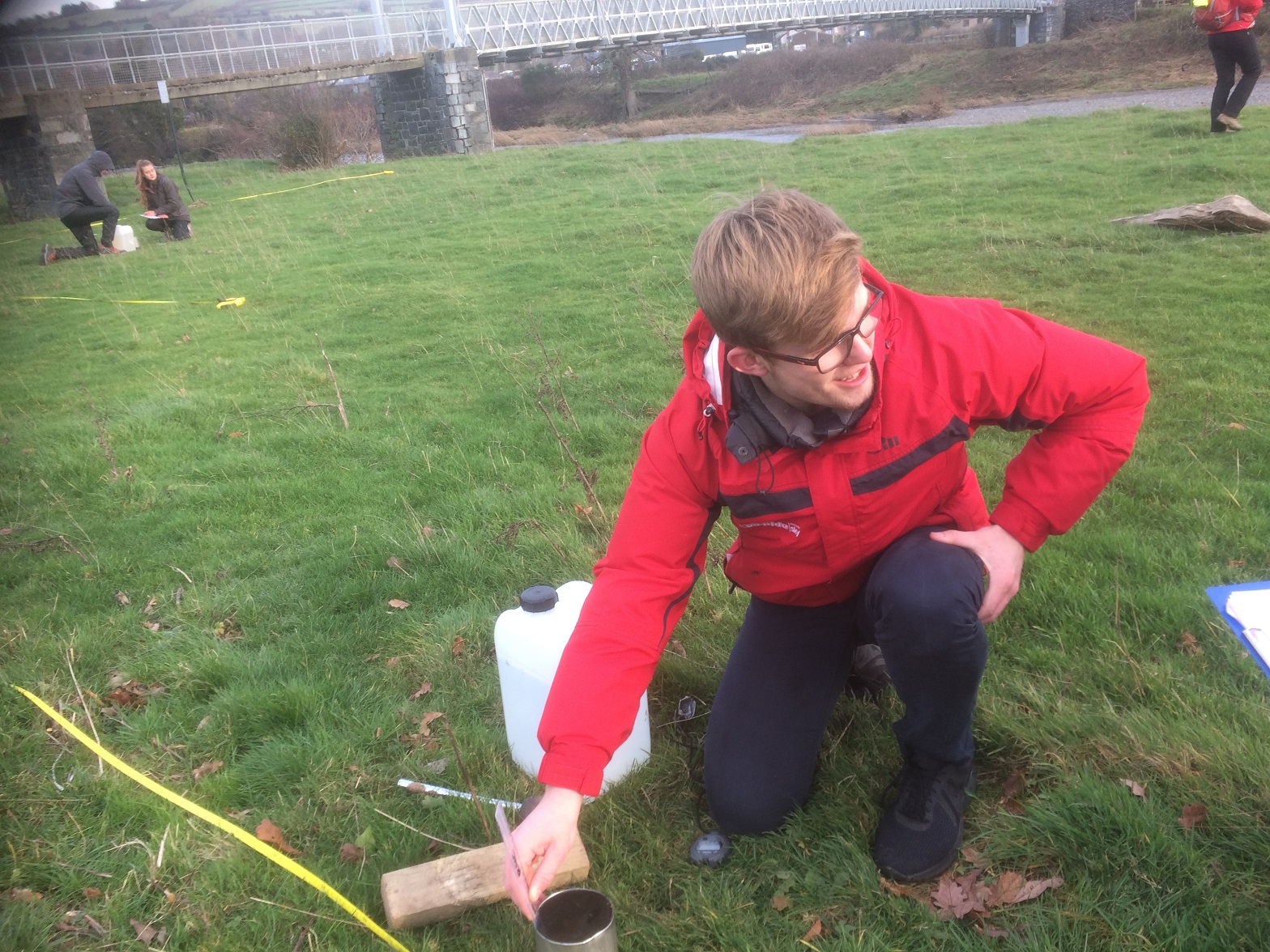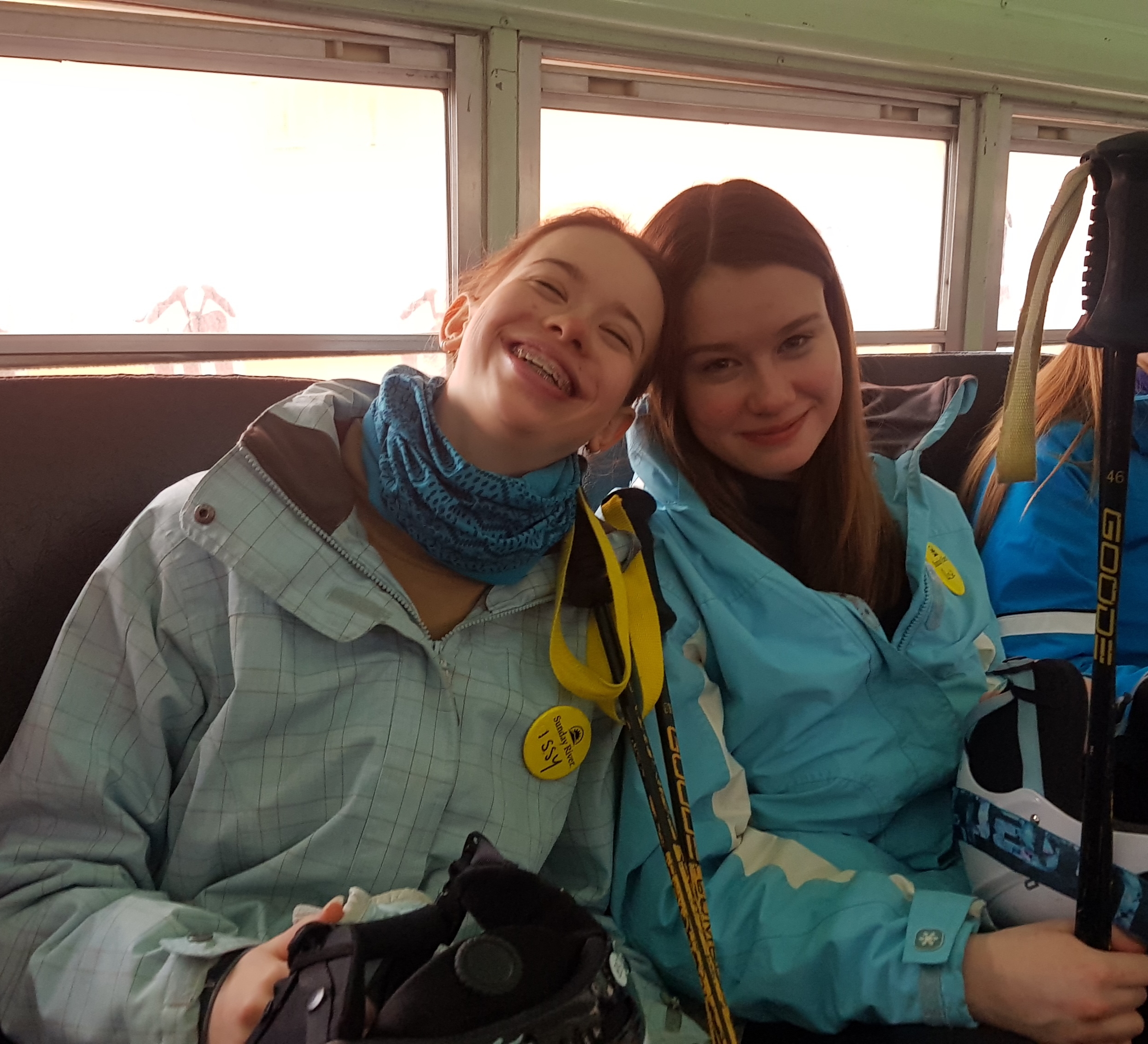
Overview of the Geography curriculum at OLA
The Geography Department is dedicated to instilling an enthusiasm and enjoyment of Geography and to helping all pupils achieve their maximum potential, whatever their stage of education. The main Geography classroom is large in size and is equipped with 4 computers for use within the department alongside specialised software packages and GIS as well as our Firefly VLE (Virtual Learning Environment).
Fieldwork is a fundamental aspect of Geography which we are fully committed to delivering. The pupils have access to fieldwork opportunities at all ages as listed below. As a department we are committed to providing various enrichment activities. These have included students competing in an inter schools quiz and attending lectures led by local experts. Geography is part of the core curriculum followed by all pupils in Years 7 to 9 and is an optional subject in Year 10 and above.
Years 7 to 9 Geography Curriculum
Pupils will study eight topics per year covering both Physical and Human Geography. Assessment in Geography takes many forms and pupils are supported in learning how to use self-reflection, peer assessment, progress monitoring and target setting. These methods are used in addition to formal teacher assessment. Pupils are encouraged to be proud of their success and consider targets for improvement. Independent learning is a priority in Geography.

Pupils will study the following topics:
Year 7
a. Where I Live
b. Help we are going under!
c. Violent Earth
d. Local Fieldwork
e. Passport to the World
f. Ocean Environments
Year 8
a. Climatic Hazards
b. Global Trade and Fashion
c. Deforestation
d. Green Energy
e. Population Pressure
f. Ecosystems
g. Cold Environments
Year 9
a. Urban Issues and Challenges
b. The Challenge of Natural Hazards

Trips for Geography in Years 7 to 9
The following trips will be part of the course and so they take place in school time and are compulsory:
Year 7: Abingdon town centre (to investigate carbon footprint), no cost
Year 8: ‘The Living Rainforest’, Newbury, (to reinforce understanding of plant and animal adaptation in one ecosystem, cost – £12.00 (approximately)
Year 9: ‘The Natural History Museum, London, (to reinforce knowledge on plate tectonics, earthquakes, volcanoes), cost – £12.00 (approximately).
Co-curricular Geography Activities in Years 7 to 9
Each year OLA competes in the Royal Geographical Society ‘Young Geographer of the Year competition’. We also invite speakers and organisations in to deliver presentations as part of our lunchtime/after school McAuley Lecture programme. For example, pupils have been fortunate enough to benefit from the expertise of Mr Walker who has spoken about flood prevention strategies.

Years 10 and 11 Geography Curriculum

AQA GCSE: Geography Specification Code 8035
Geography is a subject enjoyed in years 7 to 9 and, as a result, many Year 9 pupils opt for the GCSE Geography course. Years 10 and 11 study the AQA GCSE Geography specification. The modules encompass many aspects of Physical and Human Geography such as: The Challenge of Natural Hazards, Physical Landscapes in the UK, The Changing Economic World and the Challenge of Resource Management.
This course is assessed as follows:
Unit 1: Living with the Physical Environment, 35%, examined at the end of Year 11
Unit 2: Challenges in the Human Environment, 35%, examined at the end of Year 11
Unit 3: Geographical Applications, 30%, examined at the end of Year 11
Geography Trips for Years 10 and 11
The following trips will be part of the course. They take place in school time and are compulsory:
Blackpool Brook, Forest of Dean: To investigate downstream changes in a river, cost – £15.00 (approximately)
Abingdon: To investigate how environmental quality varies from the town centre to the rural urban fringe, no cost
Apart from the trips outlined above, there are no additional costs associated with this course.


Co-curricular Geography Activities for Years 10 and 11
Each year OLA competes in the Royal Geographical Society ‘Young Geographer of the Year’ competition. We also invite speakers and organisations in to deliver presentations as part of our lunchtime/after school McAuley Lecture programme. For example, we have been fortunate enough to benefit from the expertise of Mr Walker who has spoken about flood prevention strategies.
